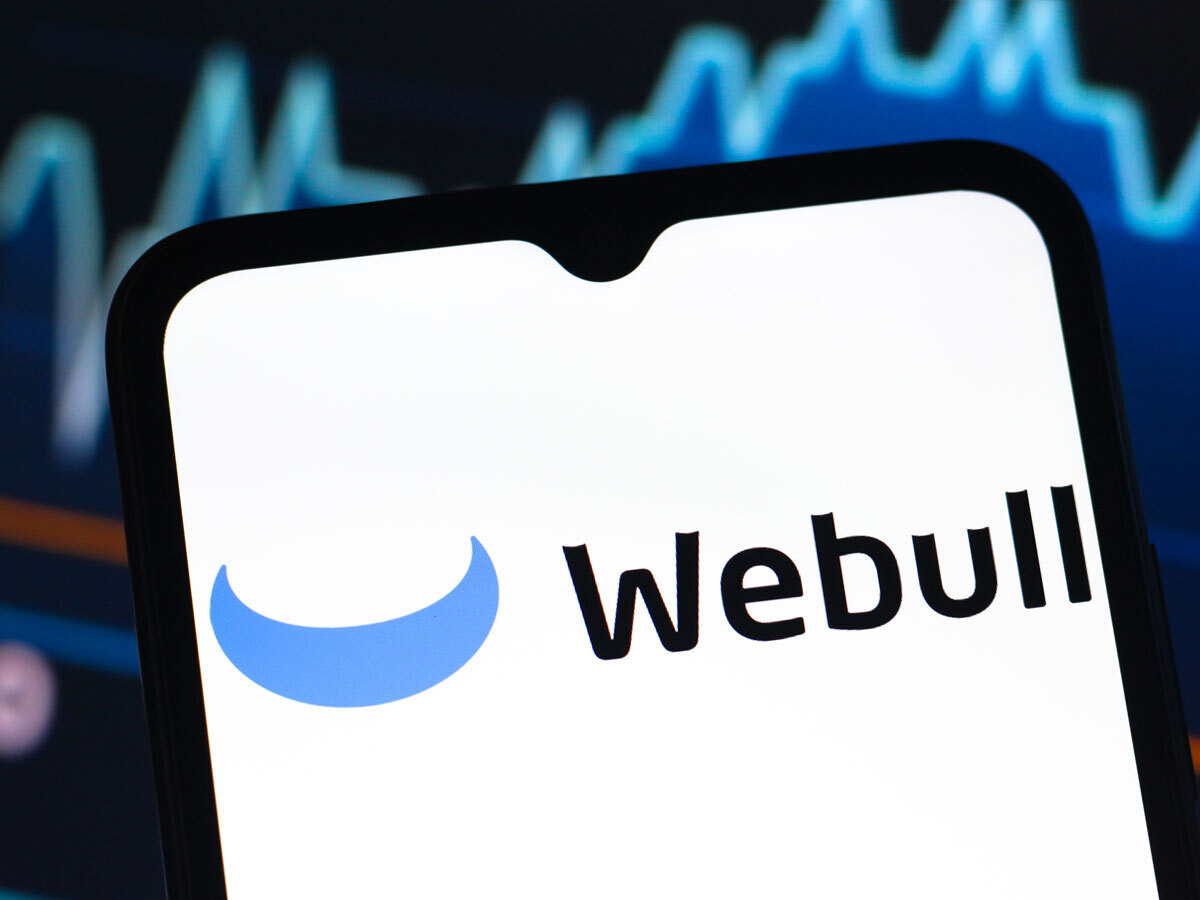Investing in recently listed stocks can make for a high-octane ride.
Webull Corporation [BULL] is no exception. The digital brokerage platform experienced a meteoric rise following its SPAC-enabled debut in April 2025, surging nearly 500% to a high of $79.56, before going on to retreat to $10.95 as of June 3, 2025.
The initial enthusiasm was driven by Webull’s ambitious global expansion plans and its appeal to a younger, tech-savvy investor base. However, recent financial results and market dynamics have raised questions about the sustainability of BULL stock’s momentum.
Webull: Origin Story
The firm was established in 2016 under the name Hunan Fumi Information Technology, a Chinese holding company with backing from Xiaomi [XIACF], Shunwei Capital and other China-based private equity firms. Its founder, Anquan Wang, had previously worked at Alibaba [BABA].
A year later, in 2017, Hunan Fumi established Webull as a Delaware LLC and set up headquarters in New York City. The Webull trading app launched in 2018. In 2019, the company restructured as a new entity incorporated in the Cayman Islands.
By 2022, Webull had relocated its headquarters to St. Petersburg, Florida, and reorganized to separate its operations from Hunan Fumi.
This freed Webull to move forward with a merger with SK Growth Opportunities, a SPAC linked to the South Korean conglomerate SK Group [034730:KS]. It also served to distance the app from its origins, following regulatory scrutiny of its ties to China, and at a time of mounting tensions between the US and China.
What Does Webull Do?
Webull offers similar services to Robinhood [HOOD]: commission-free trading of stocks, ETFs, options, crypto and fixed income, via a user-friendly mobile app.
Both firms rely on payment for order flow (PFOF), earning fees by routing trades through high-frequency trading firms, and both offer premium subscriptions with real-time data and added features.
Webull operates in 14 countries and holds brokerage licenses across North America, Europe, Asia and Africa. Robinhood [HOOD], by contrast, is licensed in just three: the US, UK and Lithuania.
Despite its broader international reach, Webull is smaller. As of end-2024, it had 23.3 million registered users but only 4.7 million funded accounts and $13.6bn in customer assets. Robinhood, with 25.2 million funded accounts and $193bn in customer assets, remains the clear leader.
BULL Stock: Financial Performance and Market Position
In Q1 2025, Webull reported revenues of $117.4m, marking a 32% year-over-year increase. Customer assets grew by 45% to $12.6bn, and net deposits increased by 66%. Trading volumes also rose, with equities notional volume up 15% to $128bn and options contracts increasing by 8% to 121 million.
Notwithstanding these growth indicators, the company posted a GAAP EPS loss of $0.06, which was still a significant improvement from the previous year’s loss of $7.98 per share. The narrowing loss suggests progress toward profitability, but the company remains in the red.
Strategic Initiatives and Challenges
Webull’s global expansion strategy includes entering markets in the UK, South Africa and Asia. This initiative is designed to tap into underpenetrated regions and diversify revenues. However, the company faces formidable competition from more established platforms such as Robinhood and Interactive Brokers [IBKR].
Webull recently announced the redemption of all outstanding incentive warrants, requiring holders to either exercise them at $10 or receive just $0.01 per warrant if unexercised by June 30, 2025. While this simplifies the capital structure, it could also impact near-term investor sentiment.
BULL Stock vs HOOD Stock vs IBKR Stock
Robinhood has also been expanding globally, with its new desktop trading platform Robinhood Legend recently launching in the UK. As of June 3, 2025, Robinhood shares trade at $71.72 with a market capitalization of $63.29bn. The company is profitable, with a trailing PE ratio of 40.98 and a diluted EPS of $1.75.
Interactive Brokers, known for its comprehensive features and low-cost model, is trading at $207.91 as of June 3. A 4-for-1 stock split is scheduled for June 18, 2025, which may enhance retail access to the shares. IBKR has long been seen as a benchmark for profitability and platform reliability in the space.
| BULL | HOOD | IBKR |
Market Cap | $5.05bn | $63.29bn | $22.65bn |
Trailing P/E Ratio | 8.81 | 40.98 | 28.64 |
P/S Ratio |
|
| 2.41 |
PEG Ratio | N/A | 4.89 | 4.30 |
Estimated Sales Growth (Current Fiscal Year) |
N/A |
|
4.78% |
Estimated Sales Growth (Next Fiscal Year) |
|
16.02% |
5.11% |
Source: Yahoo Finance
Analyst Perspectives
Analysts remain divided on Webull’s outlook.
Bulls point to strong user growth and global ambitions.
Bears cite concerns about its path to sustained profitability and its ability to challenge sector incumbents. Writing for The Motley Fool earlier this year, Leo Sun noted that “it’s never a good sign when the underdog is growing slower than a market leader — and Webull’s metrics look grim compared to Robinhood's”.
There are also some operational risks, especially with regard to China, where Webull still has a substantial presence. Additionally, the competitive pressures in both developed and emerging markets continue to mount.
Conclusion
Webull has built considerable traction through its mobile-first, commission-free platform and is pushing aggressively into global markets. But with profitability still out of reach and competitive threats intensifying, the company has much to prove. For investors, BULL stock may represent a high-risk, high-reward bet on the future of retail trading.
Disclaimer Past performance is not a reliable indicator of future results.
CMC Markets is an execution-only service provider. The material (whether or not it states any opinions) is for general information purposes only, and does not take into account your personal circumstances or objectives. Nothing in this material is (or should be considered to be) financial, investment or other advice on which reliance should be placed. No opinion given in the material constitutes a recommendation by CMC Markets or the author that any particular investment, security, transaction or investment strategy is suitable for any specific person.
The material has not been prepared in accordance with legal requirements designed to promote the independence of investment research. Although we are not specifically prevented from dealing before providing this material, we do not seek to take advantage of the material prior to its dissemination.
CMC Markets does not endorse or offer opinion on the trading strategies used by the author. Their trading strategies do not guarantee any return and CMC Markets shall not be held responsible for any loss that you may incur, either directly or indirectly, arising from any investment based on any information contained herein.
*Tax treatment depends on individual circumstances and can change or may differ in a jurisdiction other than the UK.
Continue reading for FREE
- Includes free newsletter updates, unsubscribe anytime. Privacy policy





